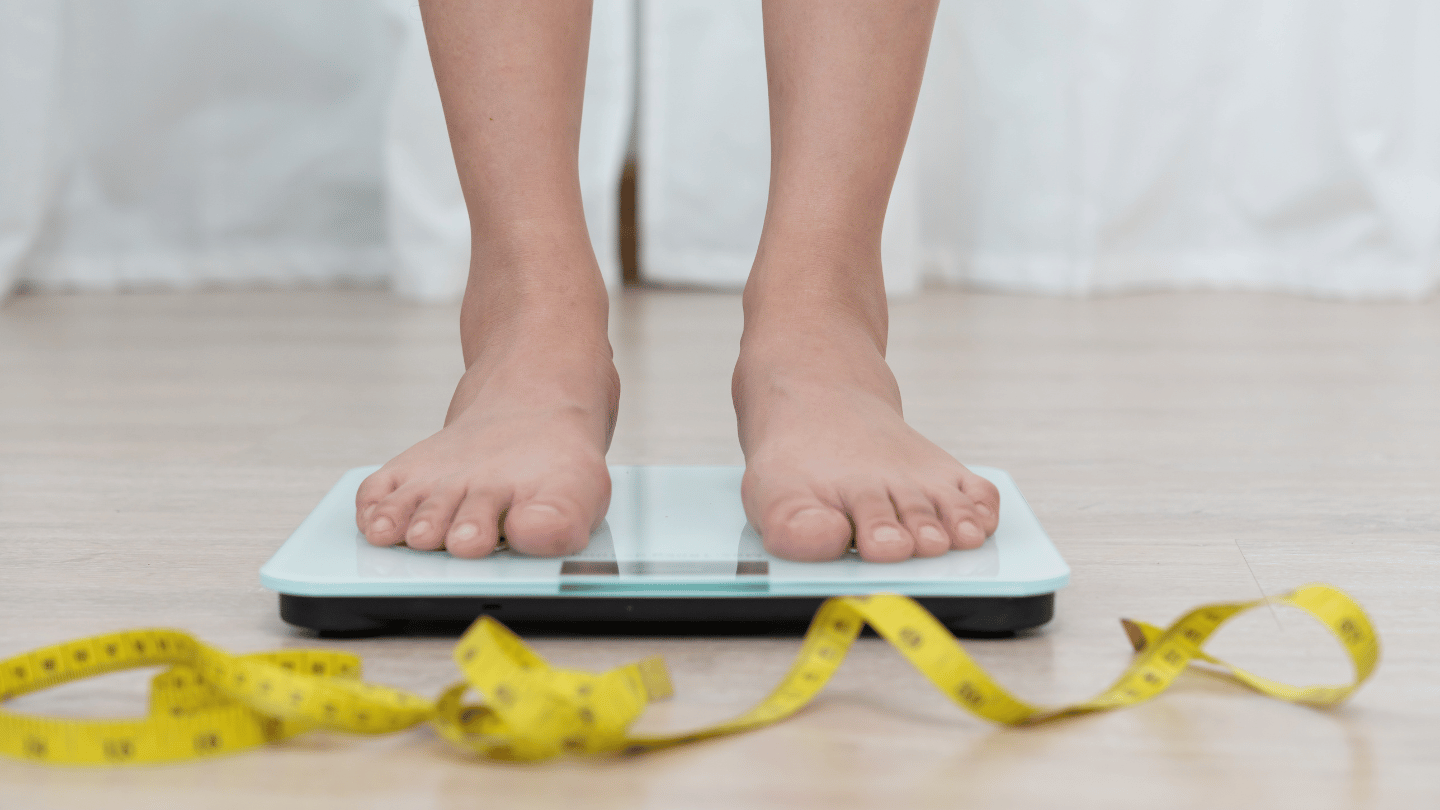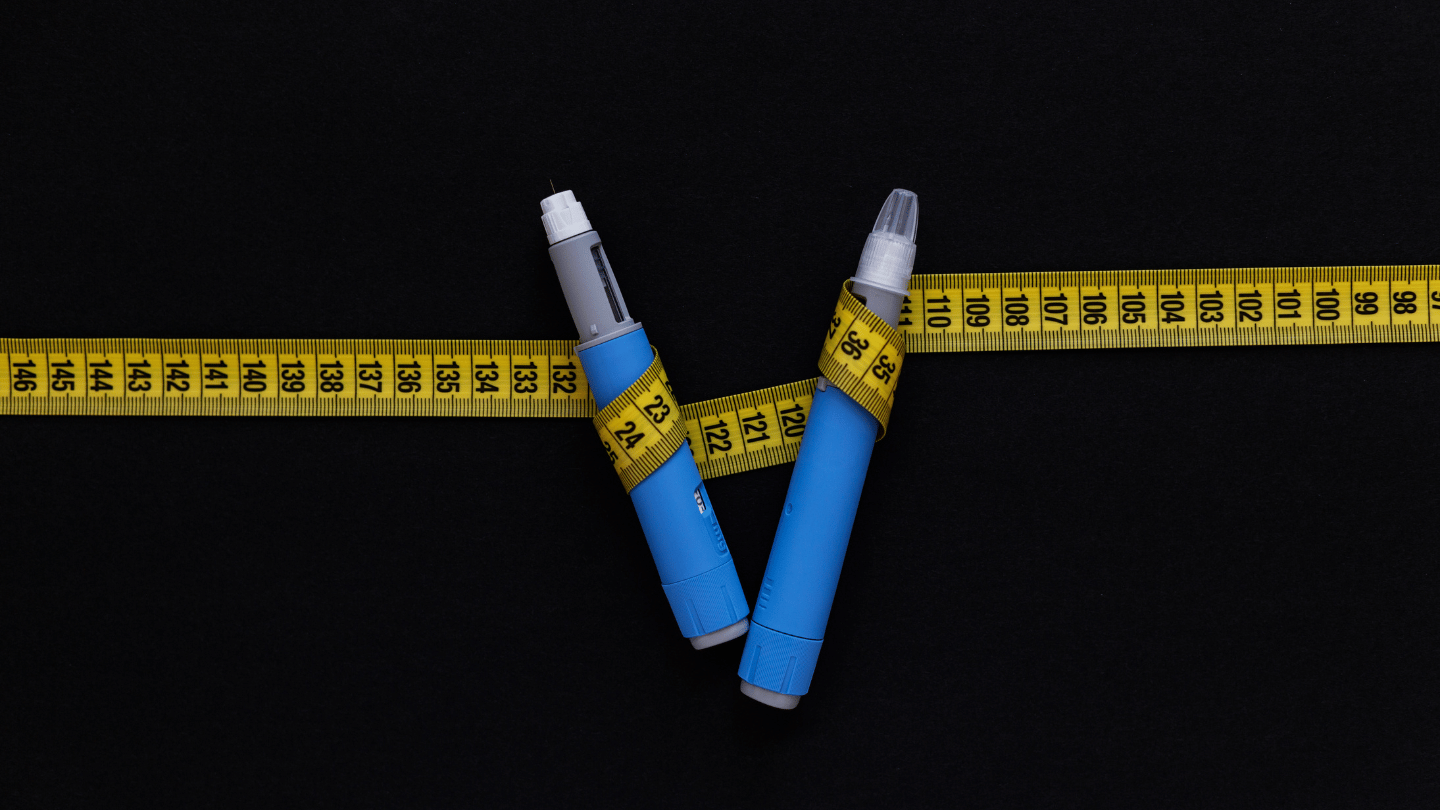Too many people, including some healthcare professionals, believe losing weight is simply a matter of willpower. But there’s more to consider than simply watching how much you eat. Weight stigma and weight discrimination cause serious and lasting harm to those on the receiving end. Learn what we can all do to stop the damage of weight stigma.
Weight Loss Stigma: Where Does It Come From?
Obesity and weight stigma start with false perceptions and beliefs, such as “obesity is the result of laziness.” We know this to be false, but many in our society are affected by this false belief.
Too often, obesity is not placed in the proper category in people’s minds. Obesity is a disease, but we often don’t treat it as one in our day-to-day actions.
Debunking Myths: The Realities of Obesity
Obesity is a complex health disorder that is the result of many factors, including where you’re from, how much money you have, your unique life events, your access to healthcare and healthful foods, the meds you’re on, and even your DNA.
Our modern environment encourages us to eat processed foods and move as little as possible. And our genetics lead us to store fat for times of famine. These are factors that are not under our direct control.
People who are obese are at higher risk for certain other issues, including mental health problems—but obesity does not cause depression. It’s the weight stigma that people with obesity must face that leads to social isolation, depressive and anxiety disorders, and disordered eating patterns.
Identifying the Biggest Obesity Stigmatizers
Some of the worst stigmatizers are those closest to you—the judgy looks and hurtful comments that people with obesity experience often come from friends and family.
Sadly, stigma can also come from those you should be able to trust with your medical care—your healthcare providers. The last place you should experience shame for your health condition is at the doctor’s office.
The media also plays a big part in spreading stigma. In movies, TV shows, and visual ads, we tend to see a lot of characters who are underweight and not many who are overweight. When creators include an overweight character, they often fit into a negative stereotype.
The Harmful Effects of Weight Stigma on Mental and Physical Health
The effects of experiencing stigma are far-reaching and can be physical, social, and emotional.
- People with obesity are treated differently, and this alters emotions, confidence, and relationships, just to name a few.
- People with obesity often don’t seek help—and for good reason. If you’re being made to feel like you’ve caused your own disease, why would you feel confident asking for help?
- Students with obesity are significantly less likely to be accepted to college or university, and those who do attend college tend to receive less financial support than their healthy-weight peers.
- People with obesity are often paid less than their healthy-weight counterparts for the same work.
- Doctors generally spend less time providing consultations to patients with obesity compared to their healthy-weight counterparts.
- In healthcare settings, gowns, chairs, and exam tables often cannot accommodate people with obesity.
- Experiencing ongoing stigma related to appearance can culminate in suicidal thoughts and actions.
Ineffective Strategies: What Not to Do for Healthy Weight Management
- Telling people with obesity or excess weight that they are at higher risk for poor health outcomes
- Most people are well aware that excess weight is bad for them and can lead to long-term health problems
- Stigmatizing people to “motivate” them to lose weight
- This only makes matters worse because causing people to feel bad about their condition discourages them from seeking solutions
- Telling people to fix themselves by suggesting things like “eat healthy and get moving” or “just cut your calories.”
- This can be especially difficult for people living in neighborhoods with few grocery and exercise options.
- Some people benefit most from counseling, medications, or other interventions that help them lose weight.
Actions that do help people reach a healthy weight
– Resisting the urge to follow the crowd and keep negative stereotypes alive—instead think critically about weight-related topics
– Shifting your language. For example, say “she has obesity” instead of “she is obese,”—but limit references to weight altogether if it isn’t necessary
– Spreading public awareness that obesity is not caused by personal failure—it is a disease caused by many complex social and biological factors
– Encouraging everyone to prioritize their health and help people get the right support to feel empowered to take action
How to Handle Weight Stigma: Practical Tips and Advice
Here are 8 actions you can take that can help reduce stigma related to obesity and overweight:
- Surround yourself with supportive people. Nothing can compete with finding people who understand your emotions and behaviors because they’ve been in your shoes. They can provide comfort during hard times and offer advice.
- Make yourself smarter than the haters. Ask questions, read material from trusted sources, and learn all you can about obesity and weight stigma. As a result, you’ll be able to make the best decisions for your life, and you’ll be able to educate those who don’t understand the topic.
- Drop doctors and specialists who don’t respect you and find providers who listen to your concerns and won’t simply tie all your health issues back to your weight.
- Connect to a network and get involved:
- Obesity Action Coalition: https://www.obesityaction.org
- Global Obesity Patient Alliance: https://gopa.org
- Weight Stigma Awareness Week: https://weightstigmaawarenessweek.org/
- A group in your local community
- Take control of the critical voice in your head. As Connie Sobczak puts it: “Our brains are like sponges—they soak up all of the mean things people say and do to us, and they turn other people’s messages into our own.”
- Stand up to stigma. This one is not easy, but you have a right to let people know that what they say crosses the line.
- When stigma produces negative emotions, resist the urge to go numb or run away. Cope with these emotions using self-love and self-care.
- Share stories and encourage conversations around weight stigma and discrimination.
Achieving Healthy Weight Loss: A Global Responsibility
Weight stigma has to be stopped at many levels to open up conversations about healthy weight loss. We need help from the government to write public policy that improves the environments we live in, increases access to nutritious foods, and advocates for more healthy weight programs.
What healthcare professionals can do:
- Prioritize education on how to care for patients with obesity or excess weight
- Make the information for patients more helpful by ensuring it is easy to understand
- Offer patients better alternatives to “eat less, move more,” such as life-course approach, Healthy at Every Size, intuitive eating, body positivity, body neutrality, and new medications.
At a personal level—and this is perhaps the hardest change to implement—we all must realize that curing obesity is everyone’s responsibility. By 2030, it is predicted that half of all adults will have obesity, so we need everyone’s help spreading the right attitudes and finding solutions.
Overcoming Obesity and Weight Loss Stigma with QuickMD
Overcoming obesity and weight loss stigma is a critical step toward achieving a healthier, more inclusive society. Understanding the origins of weight stigma, recognizing the harmful effects, and implementing effective strategies can create a supportive environment for individuals facing these challenges. QuickMD is dedicated to helping you navigate this journey by providing compassionate, professional healthcare services and prioritizing your well-being over societal biases.
With QuickMD, you can access personalized medical advice, effective weight management strategies, and emotional support tailored to your unique needs. Together, we can break the cycle of stigma and empower individuals to achieve their health goals with confidence and dignity.
Let’s take the first step toward a weight stigma-free future, embracing health and wellness for everyone. See a provider today.













